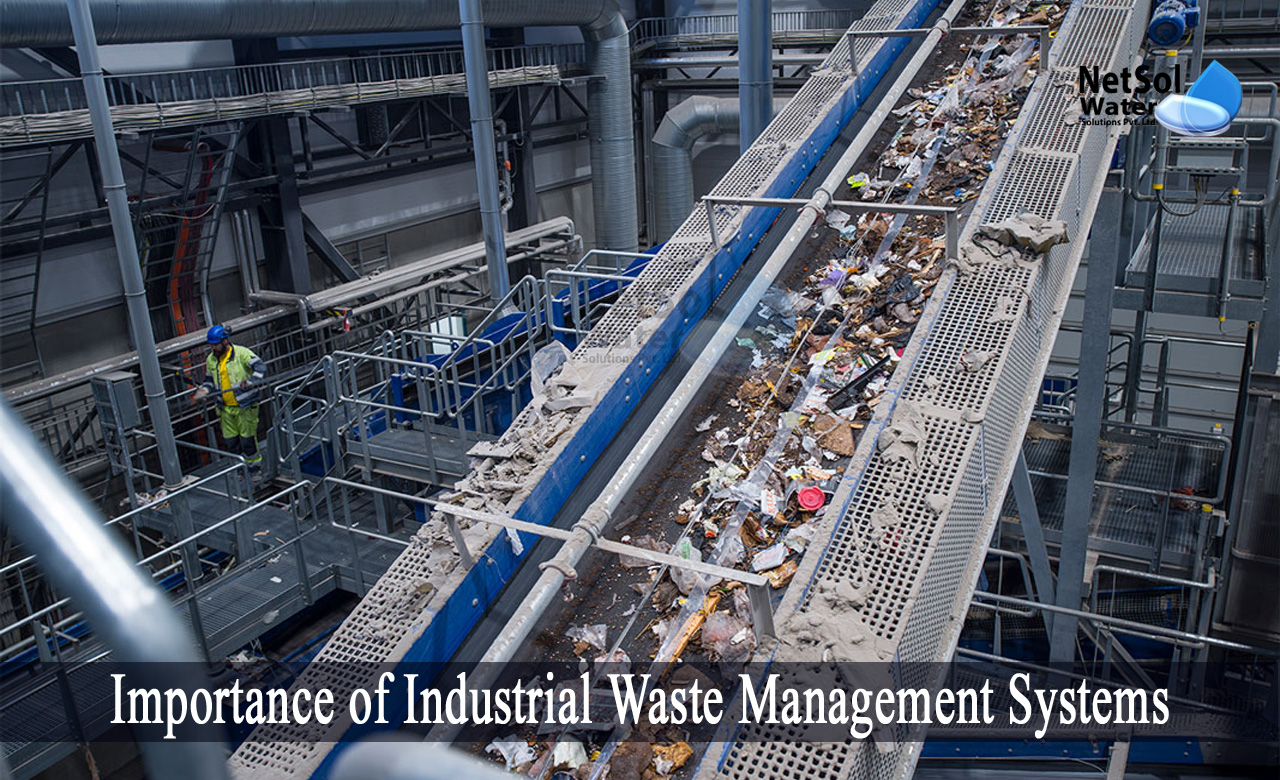A Biased View of Reclaim Waste
A Biased View of Reclaim Waste
Blog Article
Not known Facts About Reclaim Waste
Table of ContentsThe Greatest Guide To Reclaim WasteHow Reclaim Waste can Save You Time, Stress, and Money.How Reclaim Waste can Save You Time, Stress, and Money.The 3-Minute Rule for Reclaim Waste5 Simple Techniques For Reclaim Waste
Residential sewage waste refers to the waste and items from a residential septic container. The proper monitoring and disposal of residential sewer waste require fluid waste to be transferred to a sewer treatment plant where the proper approaches and tools are used to detoxify and dispose of waste.
Business waste typically consists of potential threats, such as flammable materials or a combination of fluid and strong waste items, and calls for a more innovative and in-depth disposal procedure. The disposal of commercial waste commonly involves the filtration of waste prior to transport to ensure risk-free and appropriate disposal. Hazardous waste is created from by-products and overflow of commercial procedures and production.
This kind of waste can not utilize the exact same sewer management transportation or processes as septic or business fluids. The hazardous waste monitoring process needs the inspection and screening of fluid waste before it goes through the disposal procedure (liquid waste removal). Drainage waste is the fluid waste that originates from drainage and excess stormwater in very booming locations or cities
Drainage waste can create contamination and flooding if not taken care of properly. Discover more about drain cleansing and waste administration. Making certain proper waste monitoring can protect against disasters and lower ecological injury. Both people in property settings and professionals in business or production markets can gain from recognizing the procedures and guidelines of liquid waste administration.
The Only Guide for Reclaim Waste
Contact PROS Services today to learn more about our waste administration and disposal services and the correct means to look after the fluid waste you produce.
(https://reclaimwaste1.edublogs.org/2024/11/12/efficient-liquid-waste-removal-and-disposal-your-complete-guide-to-sustainable-waste-management/)This supposed 'wastewater' is not only a vital resource but, after treatment, will be released to our land, rivers or the sea. Used water from commodes, showers, bathrooms, kitchen area sinks, laundries and industrial procedures is known as wastewater.

water utilized to cool down machinery or clean plant and devices). Stormwater, a form of wastewater, is drainage that moves from agricultural and urban areas such as roofings, parks, yards, roads, courses and gutters into stormwater drains, after rainfall. Stormwater streams without treatment straight to regional creeks or rivers, ultimately getting to the ocean.
Not known Facts About Reclaim Waste
In Queensland, the majority of wastewater is dealt with at sewage treatment plants. Wastewater is transferred from domestic or industrial sites via a system of sewage systems and pump stations, referred to as sewerage reticulation, to a sewer treatment plant. City governments build, maintain and run most sewer treatment plants. Operators are accredited under the Environmental Defense Act 1994 to release treated wastewater at an appropriate environmental criterion into rivers.
The Division of Natural Resources suggests neighborhood federal governments about managing, operating and maintaining sewage discover here systems and therapy plants. In unsewered locations, city governments may call for householders to install specific or household sewer treatment systems to treat domestic wastewater from commodes, cooking areas, washrooms and laundries. The Division of Natural Resources authorizes using home systems when they are confirmed to be reliable.
The majority of stormwater receives no therapy. In some new subdivisions, therapy of some stormwater to get rid of litter, sand and gravel has actually begun making use of gross toxin catches. Wastewater therapy happens in 4 stages: Removes solid issue. Bigger solids, such as plastics and other objects incorrectly released to drains, are gotten rid of when wastewater is passed with screens.
Wastewater after that moves into huge containers where solids settle and are eliminated as sludge. Oil and scum are skimmed from the surface. Uses little living microorganisms called micro-organisms to damage down and eliminate remaining liquified wastes and fine bits. Micro-organisms and wastes are included in the sludge. Eliminates nitrogen and phosphorus nutrients that could trigger algal flowers in our waterways and threaten aquatic life.
Not known Facts About Reclaim Waste
Nutrient removal is not available at all sewage treatment plants due to the fact that it requires expensive specialised tools. Clear liquid effluent produced after treatment might still consist of disease-causing micro-organisms - industrial wastewater treatment.

This normally means wastewater has to be dealt with or pollutants gotten rid of prior to it can be released to rivers. A lot of wastewater streams right into the sewerage system. Under the Act, local federal governments provide authorizations and permits for eco appropriate tasks (Periods) involving wastewater releases that could have a local impact. The division administers authorizations and licences to Ages including wastewater launches that may have a local or statewide influence.
Get This Report on Reclaim Waste
Surveillance provides valid information regarding water top quality and can validate that permit conditions are being fulfilled. The info gotten through monitoring supplies the basis for making water high quality decisions.
Report this page